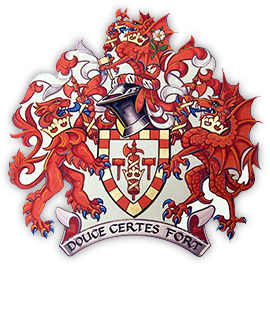The High Court Enforcement Officers Association (HCEOA) has welcomed further clarification issued by the Ministry of Justice regarding the use of technology in enforcement and its place in the fee scale.
The Association is very supportive of the position taken by the MoJ, which makes it clear that:
- The MoJ believes “there is a risk that a court may interpret that the legislation requires an enforcement agent to attend in person in order for a controlled goods agreement to be agreed.”
- The MoJ does “consider that the Taking Control of Goods (Fees) Regulations 2014 to envisage that an enforcement agent will physically attend the property in order to be eligible to charge the enforcement stage fee.”
- Enforcement officers should continue to be looking at new ways of working, including by embracing modern technology at all stages of the enforcement process
- The MoJ hasn’t ruled out amending the regulations, but the potential impact of any changes on all parties, particularly debtors, should be carefully considered.
Andrew Wilson, Chairman of the High Court Enforcement Officers Association, said: “We welcome this further clarification from the Ministry of Justice. The Association fully endorses the position taken by the MoJ and we will continue in our current approach of working with members to look after the health and safety of judgment debtors, customers and our members’ staff.”
He added: “Our members have been using technology, at the Compliance Stage for many years. The Association continues to back our members’ use of technology at this stage, which is being used effectively to improve the process of engagement with judgment debtors, which can result in better engagement and increased collection rates.
The further clarification from the MoJ comes after a request for clarity from HCEOA members as to how the regulations apply to the use of technology, such as video calls, and where it sits in the fee structure set out by UK Government for High Court enforcement.
The UK Government’s further clarification (issued by the Ministry of Justice on 12 August 2020) says:
“There does not seem to be anything in the Taking Control of Goods Regulations (the Regulations) or the Tribunals, Courts and Enforcement Act 2007 (the Act), that expressly prohibits or permits an enforcement agent to enter into a controlled goods agreement with a judgment debtor virtually via a video call. It is likely that such a situation was not contemplated by the drafters of the legislation. Given this lack of clarity, there is a risk that a court may interpret that the legislation requires an enforcement agent to attend in person in order for a controlled goods agreement to be agreed.
However, we do consider that the Taking Control of Goods (Fees) Regulations 2014 envisage that an enforcement agent will physically attend the property in order to be eligible to charge the enforcement stage fee.
We would want to monitor how a virtual enforcement proposal works in practice and whether it gives rise to any difficulties, particularly for debtors. We do not rule out amending the regulations if we consider it necessary.”





